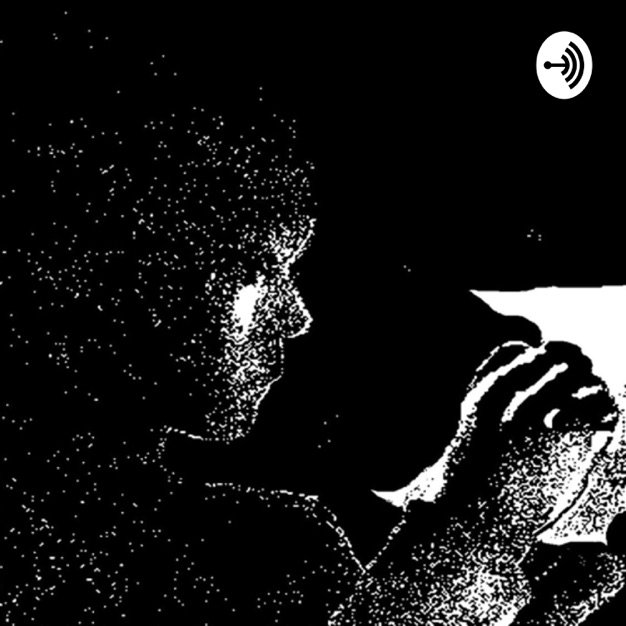🚀 From Google Podcasts to Moon FM in No Time: Your Hassle-Free Migration Guide
👉

In the same way that angels can reach the very heights of spirituality, demons have the ability to reach down into great depths of hatred, bitterness, and perversion. Demons seem to be interested in tormenting people, possessing them, and leading them away from God and His truth. Email me with your thoughts and stories at ...
Your feedback is valuable to us. Should you encounter any bugs, glitches, lack of functionality or other problems, please email us on [email protected] or join Moon.FM Telegram Group where you can talk directly to the dev team who are happy to answer any queries.